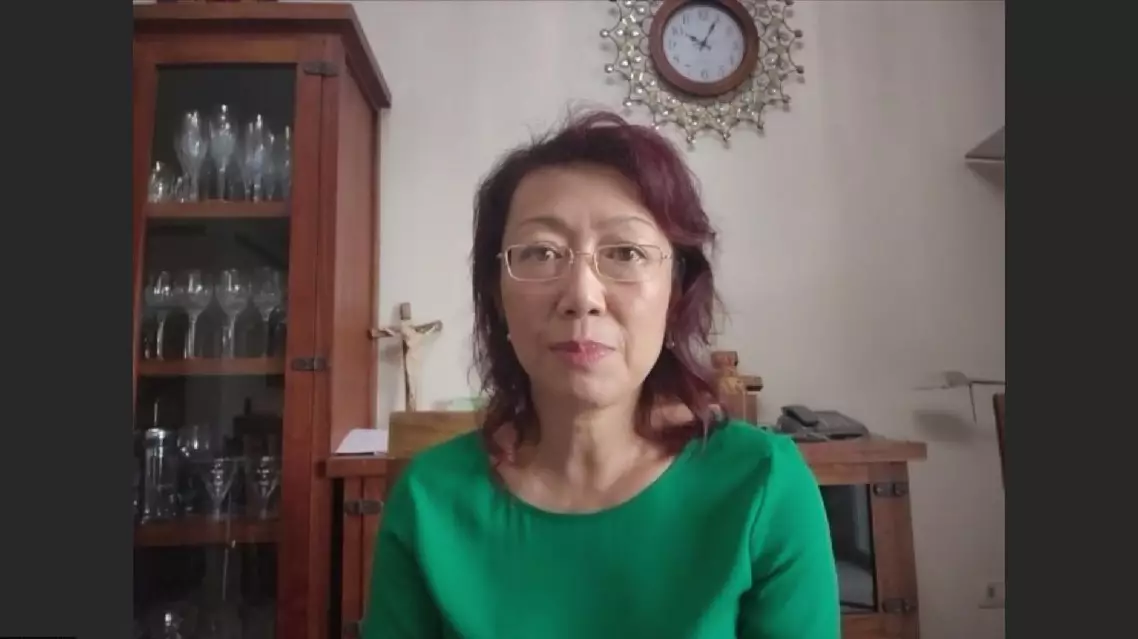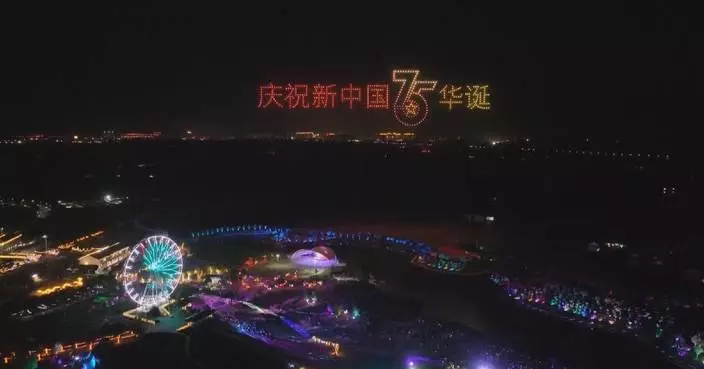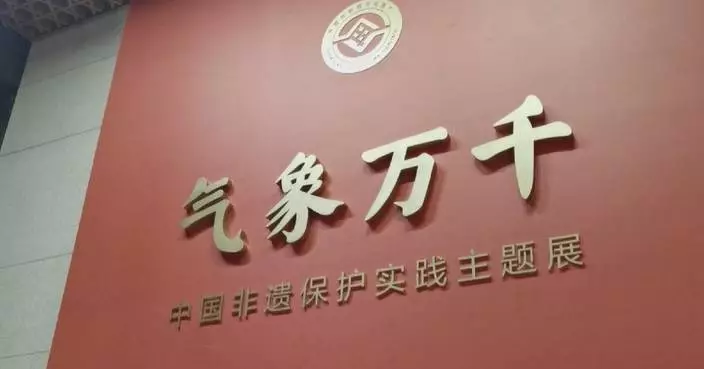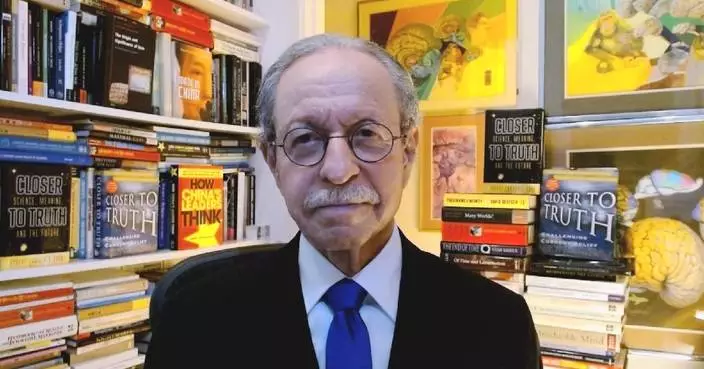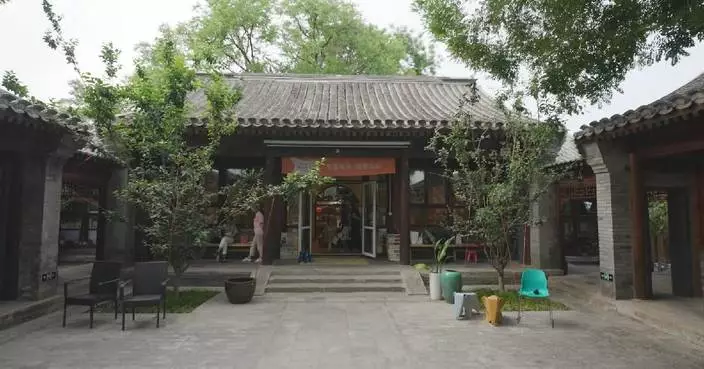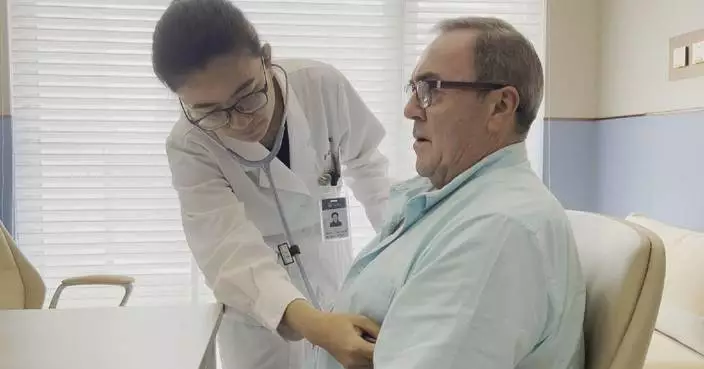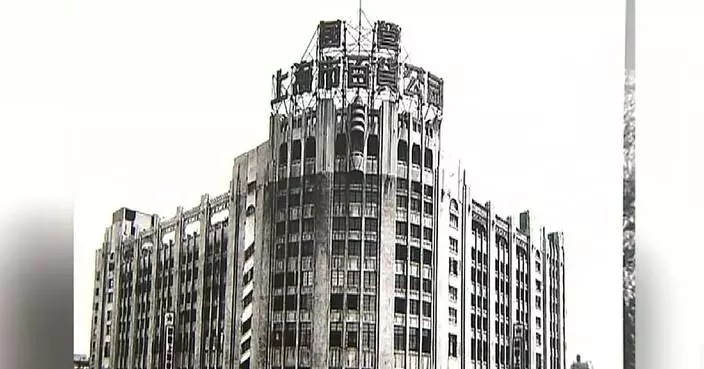Making sure every qualified applicant has a chance at higher learning and training talents that can adapt to the needs of society. This is the educational concept President Xi Jinping put forward for Minjiang University when he served as Party chief of Fuzhou City, capital of east China's Fujian Province, in the 1990s, and the past decades have seen the university making every effort to live up to the president's requirements.
Engraved on a large stone tablet at the entrance to Minjiang University are the words of Xi, who served as president of the university from 1990 to 1996 when he assumed the position as secretary of the Fuzhou Municipal Party Committee.
Through those words, which mean "seeking the best that can always adapt to society's needs," Xi said the purpose of education extends beyond academic achievement, expressing the hope that Minjiang University, an application-oriented institution, could provide able-bodied people and individuals with disabilities alike with equal access to education and cultivate talents who can make contribution to the country in their own ways.
Huang Daoliang, from Minjiang County, is one of those physically challenged who call Minjiang University their alma mater.
Huang, who lost both his upper limbs at a young age, never stopped pursuing his dream of attending college. He failed the national college entrance exam twice in 1988 and 1989, despite achieving decent scores. He thought his failures were possibly due to his physical condition.
"I feel quite lost about the future and have no idea where to find a way forward," he said when recalling the past in an interview with China Global Television Network (CGTN).
"He took the college entrance exam for two years and scored well, but he wasn't admitted because he failed the physical examination," said Sun Fangzhong, former vice president of Minjiang University.
In 1990, Huang sat the national college entrance exam once again. In that year, Xi took up the position of Party chief of Fuzhou and president of Minjiang Vocational University, now known as Minjiang University.
Upon learning of Huang's story, Xi made the decision to admit him through exceptional enrollment procedure, making Huang the first student with physical disabilities in the college and in the entire province.
"At that time, President Xi learned about Huang's situation. He asked us if we could make an exception to help him achieve his dream," Sun recalled.
For Huang, attending college meant he was given the tools he needed to build a future.
"I studied secretarial science, and when I graduated and started working, I was able to apply what I learned in school right away," the 54-year-old told CGTN.
After graduating from college, Huang found a job tailored to his studies and has dedicated himself to helping others living with disabilities find their place in society. He now serves as vice president of the Minjiang Disabled Persons' Federation.
Meanwhile, Huang has held something dear to his heart all these years -- his diploma signed by Xi.
"Even though I have moved homes multiple times, this diploma has always been with me. This diploma carries the care from President Xi and Minjiang Vocational University," he said.
Huang also said that he is happy to see that revised regulations in the national educational system have changed the lives of many people like him over the decades.
The philosophy of "adapting to society's needs", however, isn't just for students like Huang. It has extended to every curriculum at Minjiang University, encouraging students to pursue their passions.
During an inspection tour of Fujian in March 2021, President Xi made a trip to Minjiang University.
Lan Yuying, a member of the She ethnic group, introduced her traditional embroidery techniques and works to Xi.
"It felt like I was presenting to my own parents. He seemed so warm and approachable. I still remember his smile and how he looked at me. I was standing here showing him our work, and he said, 'Hmm, this is quite good and interesting.' I felt it was an encouragement. He said it was interesting, and I wanted to make it even more interesting," she said.
Just like Huang, Lan has applied what she learned at college to her work after graduation and devoted herself to preserving the traditional cultural heritage of her ethnic group.
Lan has participated in rural support programs aimed at improving people's livelihood over the past year, going to every villager's home to learn about the needs of her community.
"Adapting to society doesn't always mean doing grand things. Some people might think it means making significant contributions. It's about excelling in my role and contributing to my community. In this way, I can become someone who is beneficial to society," she said.
Speaking to a crowd of students and teachers at Minjiang University during his March 2021 visit, Xi once again expressed the hope that the university can continue practicing the concept of cultivating talents that can have meaningful impacts on society and the country.
"I hope everyone can contribute to the country and be beneficial to the people and society, while also creating your own happy lives," the president said.
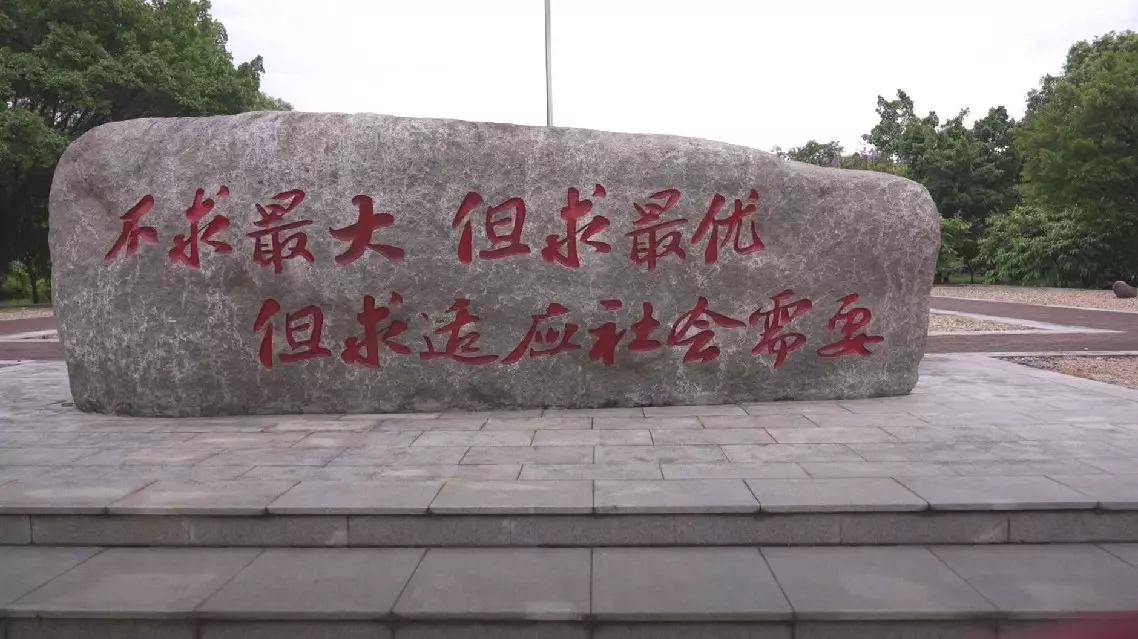
Minjiang University's educational concept reshapes students' lives


